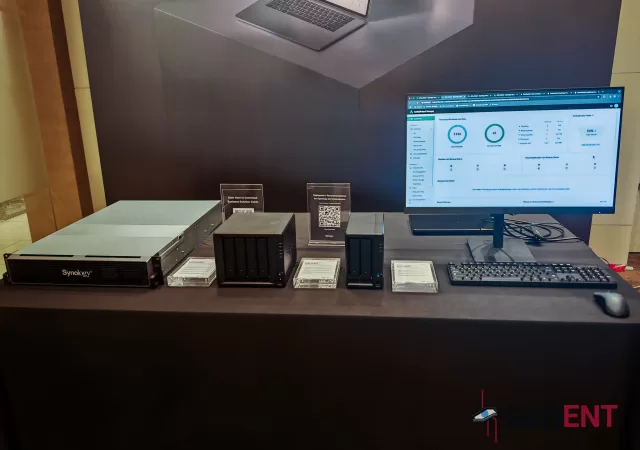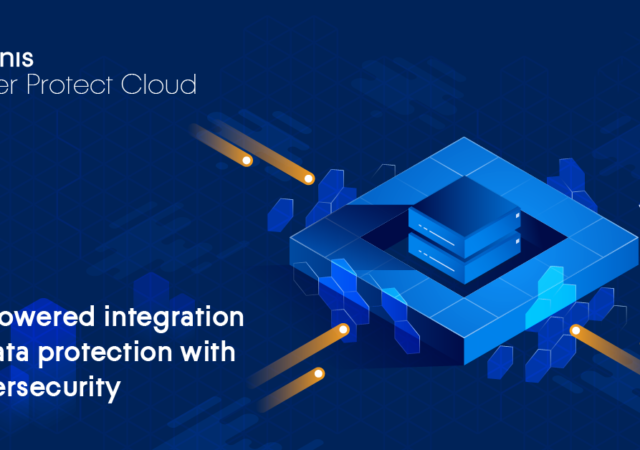Synology amalgamates years of back up and data security prowess in to a single, easy to deploy offering with its new Synology Active Protect offering.
Why Small Businesses Don’t Backup: Exploring Limitations and Solutions for Data Protection
Discover the best backup solutions for your business. Explore the 3-2-1 rule and find alternatives to protect your data without breaking the bank.
Acronis Launches Cyber Protect to Empower Remote Work
Acronis announces a new, unified offering, Acronis Cyber Protect, which allows service providers to better enable remote work for businesses.





